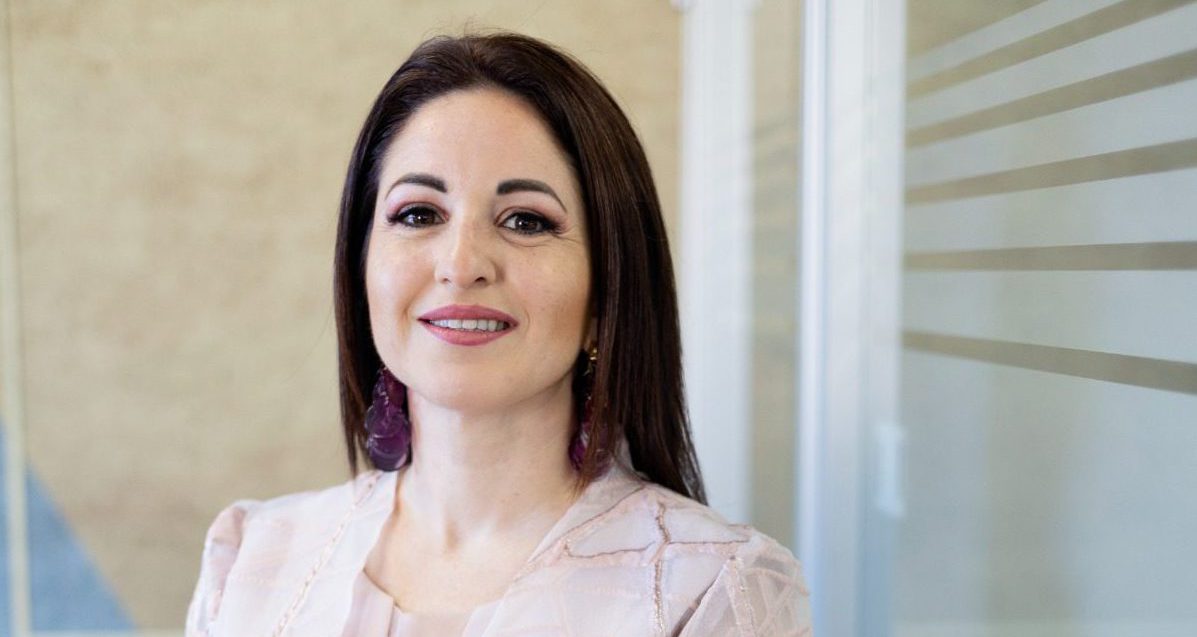The Family Business Office (FBO) has recently launched new financial incentives – the Family Business Grant providing assistance for Mediation and Advisory services – aimed at supporting local businesses in their succession planning, thus encouraging long-term sustainability for many of the island’s SMEs.
The scheme, devised in collaboration with Malta Enterprise, which is also administering the programme, provides registered and qualifiable family businesses with the possibility of applying for a maximum support of 15,000 euros per company, in any three-year period, until the end of 2023, to cover the expenses of advisory and/or mediation services utilised in succession planning.
“More often than not, the exercise of passing on the baton to the next gen of family business leader is fraught with difficulty and this is where neutral parties have to be drafted in to enable a more seamless transition of onboarding the leaders of tomorrow while retaining the values of the family business,” FBO Regulator, Joseph Gerada says.
It’s never too early to start the lengthy process, Dr Gerada says, and businesses should keep in mind that succession planning is “not a one-time event but should be considered as ongoing” so that any future transition will be as seamless as possible. “It has been proven again and again that the more effective succession plan is one that is a continuous process whereby the next gen leaders are identified at a very early stage and that the respective leaders of tomorrow are groomed for when the time is ripe,” he says.
Such planning must be bespoke, he insists. “In the same manner that each individual is different from another, family businesses are made up of elements which completely distinguish one from another. This means that the plans and strategies employed by each family business must be tailor-made to that particular business. This is not an easy task and it can be very time consuming,” he states, adding that “failing to plan is planning to fail…the succession of the family business is not an option, but it is a must.”
It is for this reason, he continues, that the FBO, which was set up and is regulated by Chapter 565 of the Laws of Malta, has made it one of its priorities, this year, to provide financial assistance to “family businesses that have taken the bold step towards making their business future proof.” And, this is where the Mediation and Advisory incentive package comes in, targeting “assistance where it is most needed.”
The scheme aids in providing the expertise required for such lengthy transitions. “It is important to involve outsiders and third parties who have the right expertise, knowledge and experience to be able to give the family business objective advice,” the Regulator states. “External consultants entrusted by family businesses are the ones who have come to understand what works and what doesn’t, so having an individual who enjoys trust to assist with the creation of a succession plan is often crucial,” he asserts. In this regard, the FBO is working in close collaboration with the Mediation Centre, although companies are not obliged to utilise a mediator from the Centre.
Over and above these incentives, other succession planning assistance schemes are also in place, in collaboration with local banks, and the FBO is currently developing more mechanisms to support companies in future-proofing their businesses. “The main aim here is to adapt to an ever-changing world. The events of the last few years have served to be as much as an eye opener to the family business as well as the Family Business Office. It is the intention of the Family Business Office to custom make incentives according to needs and also to further increase its reach to the business community wherever permissible,” Dr Gerada says.
Post-COVID, these goals may require the setting up of FBO branch offices, and of investing in further community outreach to create greater awareness of the FBO’s services. “Over the coming year we shall also be providing free online education and training programmes to family businesses in collaboration with the Chamber of Commerce and Malta Enterprise specifically addressing family business issues such as succession planning and corporate governance,” Dr Gerada says.
This work is complemented by the rest of the FBO’s remit, with the entity offering a total of ten different schemes to family businesses, the most popular of which have included the Micro Invest scheme, which encourages undertakings (including start-ups, family businesses and self-employed) to invest in their business, so as to innovate, expand and develop their operations. “The Micro Invest Scheme has been available for a number of years and has proven to be very popular with start-ups, self-employed and all SMEs, including our registered family businesses,” Dr Gerada says, explaining that it offers registered family businesses a maximum of 70,000 euros in tax credits over a three-year period.
Other popular mechanisms, coordinated the entity, have been the reduction of stamp duty on the transfer of immovable property – from 5% to 3.5% – and the Family Transfer Scheme which offers reduced stamp duty from 5% to 1.5% with no capping on the intervivos transfer of the family business between family members. Furthermore, the FBO, with the support of Malta Enterprise and the Ministry for Finance, also manages the Shares Interest incentive – which has also seen high rates of take-up – in which, when transferring shares, interests in a partnership, trust or foundation, no account of duty shall be taken of the first €150,000 of the value of the shares, or interests in a partnership, trust or foundation transferred.
Through these programmes, the FBO aims to continue assisting businesses in their drive towards sustainability. “Family business owners need to always keep in mind that unlike us humans, the business does not have an expiry date and it is not a possession which belongs to us, but it is simply ours for nurturing and safekeeping until it is time to pass it on to the next generation,” Dr Gerada asserts.
Indeed, he continues, “family business owners should not confuse passing on the baton to the next generation with letting go or going on forced early retirement. On the contrary, founders often have a lot to contribute to the business whilst taking a step back and giving the younger generations more space to take on the leadership of the family business,” he adds. For, “the guidance, experience, network and knowledge of the founders can definitely be put to good use as long as the founders or the older generation members are willing to contribute to the business,” he concludes.
Uniplural Group: ‘Our brand transformation fortifies our position as a one-stop-shop within the community’
The newly rebranded Uniplural Group provides a diversity of care services strategically united to embrace emerging growth prospects
Print&Merchandise embracing sustainable merchandising solutions
Janice Calleja, manager at Print&Merchandise, highlights the company's high-quality, bespoke services, alongside its evolution towards eco-friendly solutions
‘Regulating what is happening today is only part of what we do at the Malta Communications Authority’
Inġ Antoine Sciberras explains how the regulatory authority strikes a balance between healthy competition, and facilitating new tech investment





